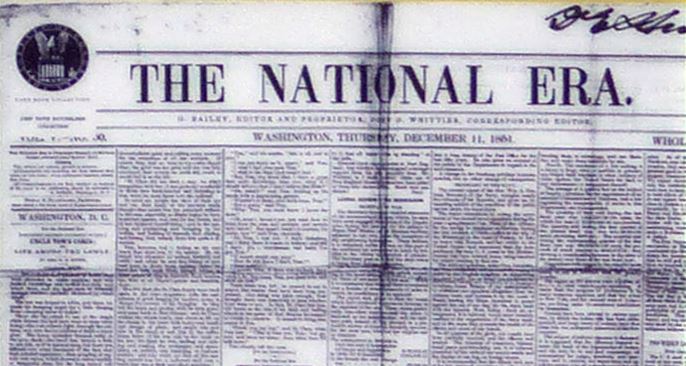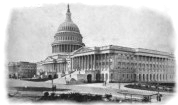Civil War to Civil Rights
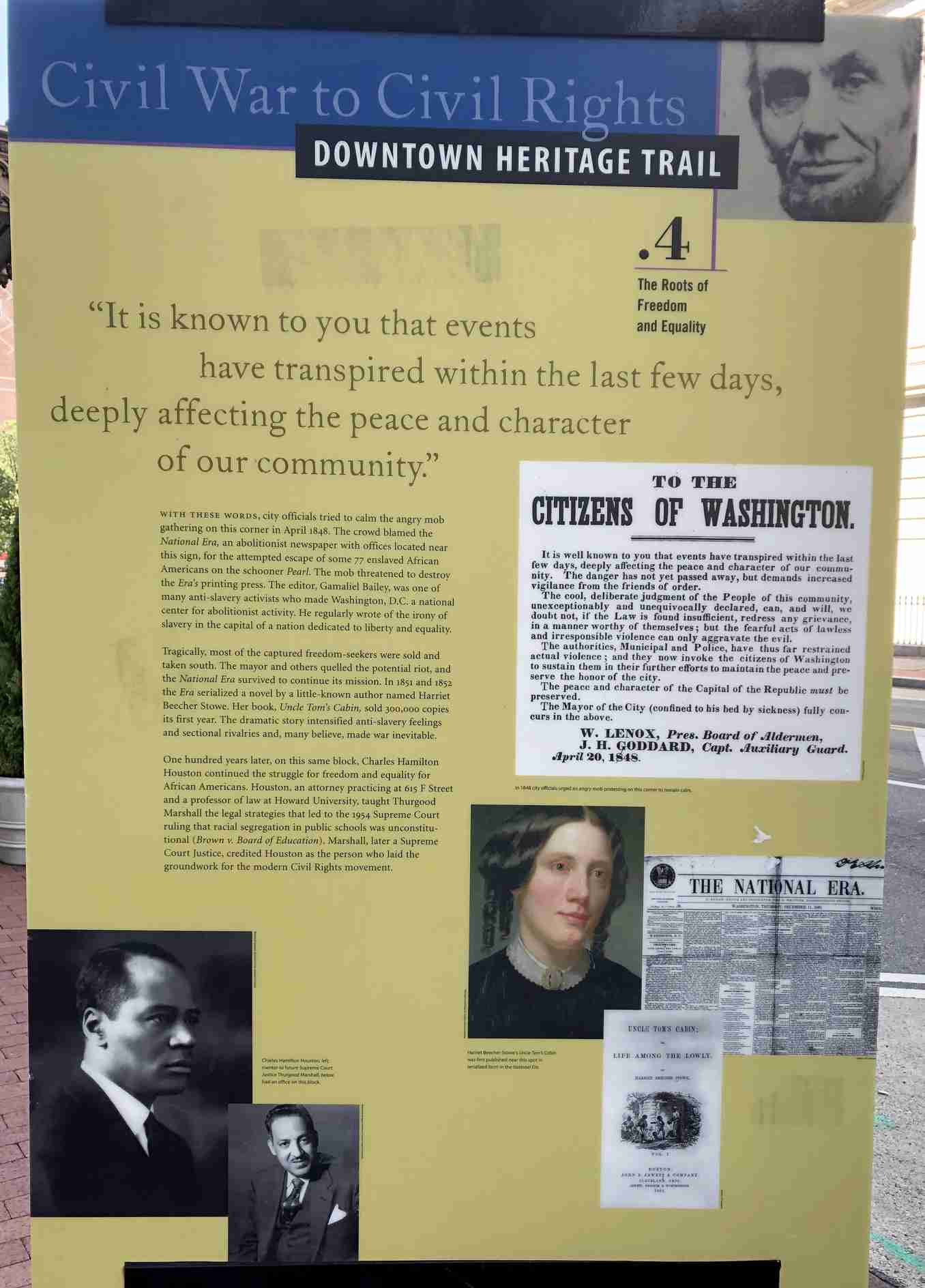
"It is known to you that events have transpired within the last few days, deeply affecting the peace and character of our community."
With these words, city officials tried to calm the angry mobs gathering on this corner in April 1848. The crowds blamed the National Era, an abolitionist newspaper located near this sign, for the attempted escape of 77 African American slaves on the ship Pearl. They threatened to destroy the Era's printing press. The editor, Gamaliel Bailey, was one of many anti-slavery activists who made Washington, D.C. a national center for abolitionist activity. He wrote of the irony of slavery in the capital of a nation dedicated to liberty and equality.
Tragically, most of the captured slaves were sold and taken south. The mayor and others quelled the potential riot, and the National Era survived. In 1851 and 1852, in a new location just a block and a half south of here, the paper serialized a novel by a little known author named Harriet Beecher Stowe. Her book, Uncle Tom's Cabin, sold 300,000 copies in its first year. The dramatic story intensified sectional rivalries and, many believe, made war inevitable.
One hundred years later, on this same block, Charles Hamilton Houston continued the struggle for freedom and equality for African Americans. Houston, a practicing attorney at 615 F Street, and a professor of law at Howard University, taught Thurgood Marshall the legal strategies that led to the 1954 Supreme Court ruling in Brown vs. Board of Education that racial segregation in the schools was unconstitutional. Marshall, later a Supreme Court justice, credited Houston as the person who laid the groundwork for the modern civil rights movement.
TO THE CITIZENS OF WASHINGTON.
It is well known to you that events have transpired within the last few days, deeply affecting the peace and character of nut columnnity. The danger has not yet passed away, but demands increased vigilance from the friends of order.
The cool, deliberate Judgment of the People of this community, unexceptionably and unequivocally declared, can, and will, we doubt not, if the Law is found insufficient, redress any grievance, in a manner worthy of themselves; but the fearful acts of lawless and irresponsible violence can only aggravate the evil.
The Authorities, Municipal and Police, have thus far restrained actual violence ; and they now invoke the citizens of Washington to sustain them in their further efforts to maintain the peace end preserve the honor of the city.
The peace and character of the Capital of the Republic must be preserved.
The Mayor of the City (confined to his bed by sickness) fully concurs in the above.
W. LENOX, Free. Board of aldermen
J. H. GODDARD, Capt. auxiliary Guard.
April 20, 1848
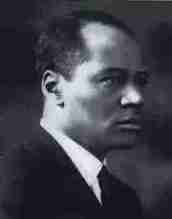
Charles Hamilton Houston, mentor to future Supreme Court Justice Thurgood Marshall, had an office on this block. |
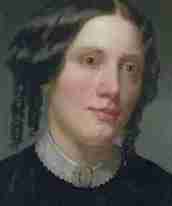 Harriet Beecher Stowe's
Uncle Tom's Cabin was first published near this spot in serialized form in The National Era. Harriet Beecher Stowe's
Uncle Tom's Cabin was first published near this spot in serialized form in The National Era.
|
